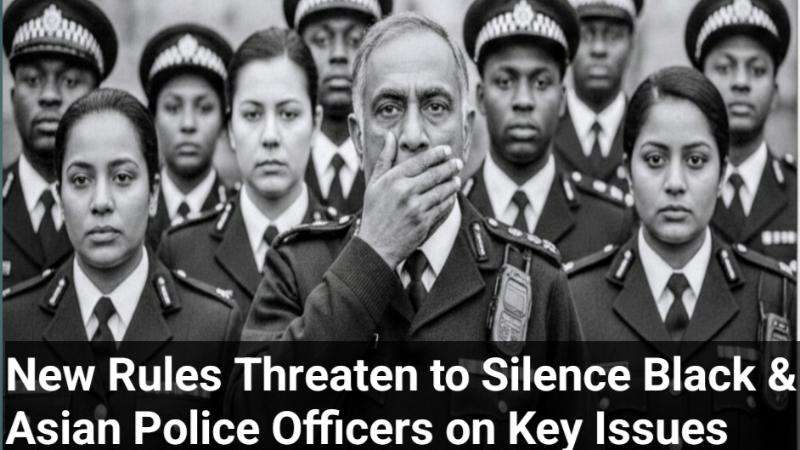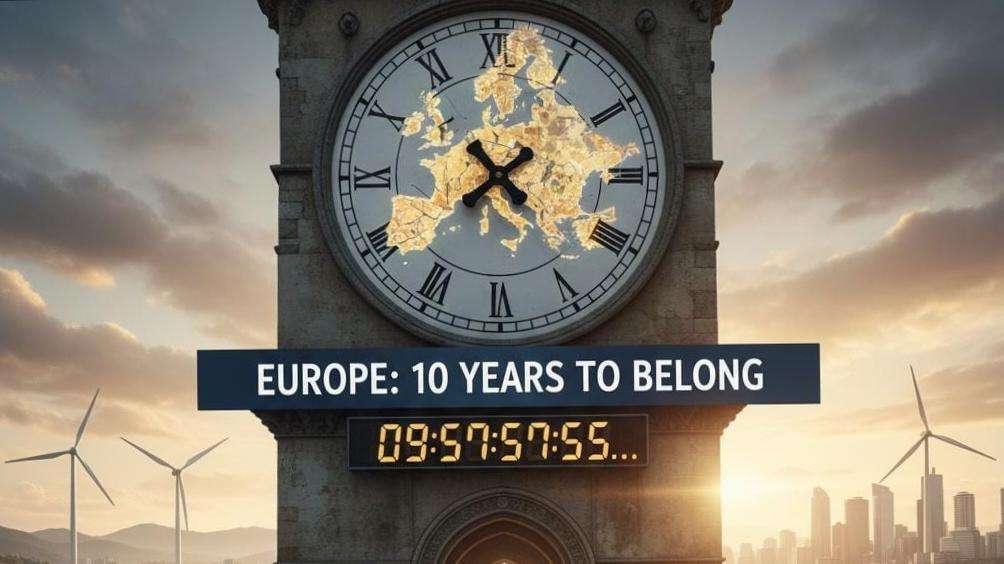A significant crackdown on e-bikes and e-scooters is set to transform the streets of England, with new government proposals allowing police to confiscate and destroy vehicles within a mere 48 hours of being used in an anti-social manner or for thefts. This drastic reduction from the current 14-day waiting period, outlined in the upcoming Crime and Policing Bill, aims to deter repeat offenders, but it's sending shockwaves through the thousands of South Asian delivery drivers across London who depend on these very bikes for their livelihoods.
For many, particularly within the Bangladeshi, Indian, Pakistani, and Sri Lankan communities, e-bikes have become an indispensable tool in the burgeoning food delivery sector. These drivers, often working long hours to support their families, now face the terrifying prospect of having their primary source of income—their bike—seized and crushed with little notice, even if they are unaware of complex new regulations or minor infractions.
Ministers argue that the current delay makes it too easy for individuals to reclaim their vehicles and continue offending. Policing Minister Dame Diana Johnson stated, "By enabling police to seize and dispose of these vehicles within just 48 hours, we’re giving our officers the tools they need to deliver immediate results and providing communities the swift justice they deserve." She added, "These new powers send a clear message that anti-social behaviour, whatever form it takes, will not be tolerated in our local communities."
The Metropolitan Police is already intensifying its efforts, particularly in areas like High Street Kensington, targeting riders to check if their vehicles are roadworthy. Officers are confiscating illegal scooters, modified e-bikes, and even badly parked hired cycles. While rental scooters from companies like Lime are the only legally permissible e-scooters on public roads in London, many privately-owned e-scooters and modified e-bikes remain illegal, a fact not always clear to every rider.
Kensington and Bayswater MP Joe Powell voiced support for the measures, citing resident complaints about "illegally modified e-bikes, speeding, running red lights, occasionally even links to organised crime like phone theft and robbery." He believes the new laws, set to come in later this year, will serve as a strong deterrent. "In the past [police] have had to give a warning. Now they can take [the bike] if they suspect there is some sort of criminal activity," Mr. Powell explained.
Indeed, phone theft in London is a significant concern, with 116,676 devices reported stolen last year. Sergeant Jason May noted a rising trend of criminals using modified electric bikes for these snatch-and-grab thefts.
However, the rapid confiscation powers raise serious concerns for the vast majority of legitimate delivery drivers. These individuals are often navigating busy urban environments under immense pressure, with tight delivery deadlines and the constant threat of negative customer reviews. A momentary lapse, a misjudgment, or an accidental violation of an obscure rule could now lead to the immediate loss of their vehicle, and with it, their ability to earn a living.
Community leaders are calling for greater clarity on the new rules and for police to exercise discretion, particularly with first-time offenders who may be genuinely unaware of the law. There is a strong plea for education and warnings over immediate, irreversible punitive action that could plunge hard-working families into financial hardship. As London moves to tackle anti-social use, the balance between enforcement and protecting the livelihoods of its diverse workforce will be a critical challenge.








.svg)


